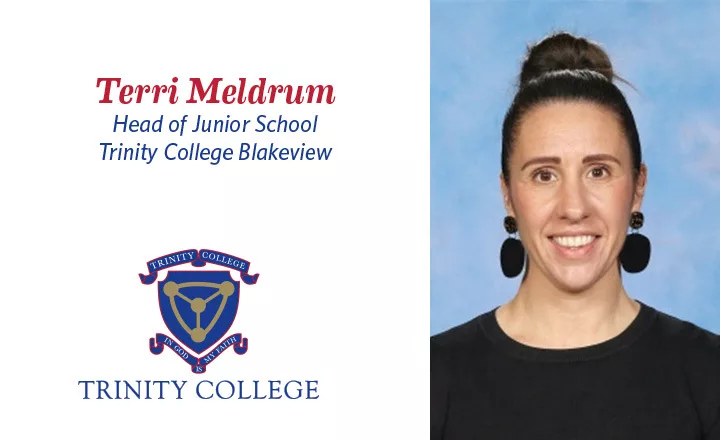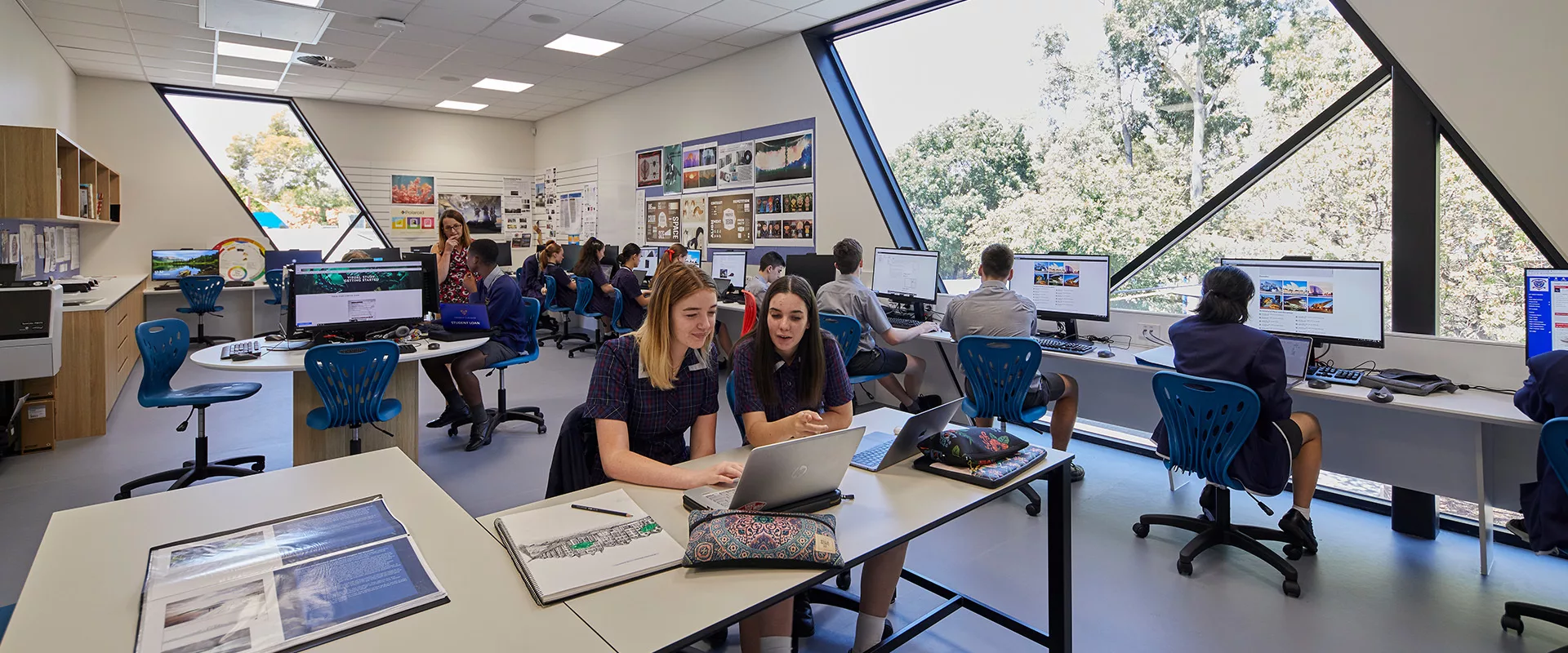Certificate in Future Oriented Learning

Reading Self-Efficacy in Early Literacy Intervention: A Year-Level Comparison
This study explores the reading self-efficacy of students involved in a targeted literacy intervention program, focusing on their perceptions of word reading accuracy and fluency rather than reading comprehension.
The central question examines how reading self-efficacy varies across three cohorts: Early Years (predominantly five-year-olds), Year 1 (six-year-olds) and Year 2 (seven- to eight-year-olds). Initially, a five-point Likert scale was used to capture students’ responses to a range of statements on reading confidence, with three baseline questions that did not relate to reading. However, due to developmental considerations, the scale was reduced to three points for the Early Years cohort.
Data collection was influenced by absences, leading to some variations in sample size over time. Additionally, Year 3 data were excluded after the first collection as those students no longer participated in the intervention.
Overall, this research seeks to determine how students’ beliefs in their reading abilities compare and contrast across year levels, shedding light on the effectiveness of the literacy intervention in enhancing self-efficacy for decoding-based reading tasks. The findings are expected to inform future refinements to intervention strategies and contribute to understanding early literacy development.


